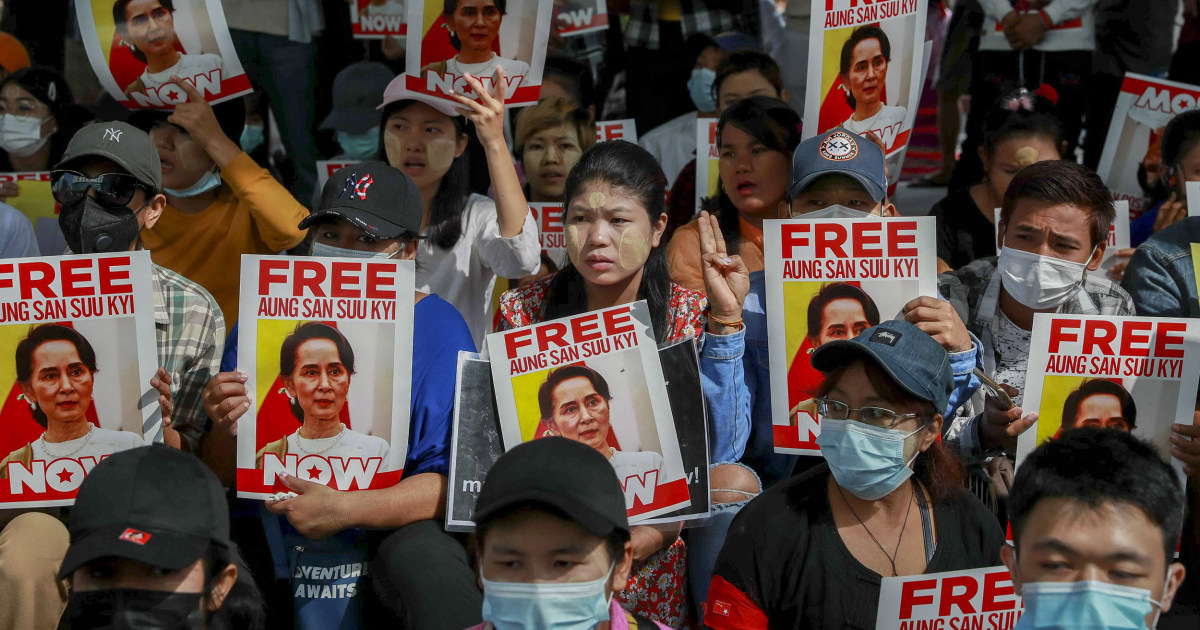Facebook said on Thursday that it banned the Myanmar military from using its platforms with immediate effect, while weeks of mass demonstrations continue in the Southeast Asian country after the military seized power.
“Events since the February 1 coup, including deadly violence, have precipitated the need for this ban,” said Facebook in a blog. “We believe that the risks of allowing Tatmadaw (Myanmar’s army) on Facebook and Instagram are very great.”
The army seized power this month after alleging fraud in a November 8 election swept by Aung San Suu Kyi’s National League for Democracy (NLD), arresting her and much of the party leadership.
At least three protesters and a police officer were killed in the rally violence.
The U.S. technology giant said it would also ban all “commercial entities linked to Tatmadaw” from advertising on their platforms.
He said the decision to ban Myanmar’s army was due to “exceptionally serious human rights violations and the clear risk of future military violence in Myanmar”, as well as the army’s repeated history of violating Facebook rules, including since the coup.
The military government could not be reached for comment.
Meanwhile, members of a support group for the Myanmar military junta attacked and injured people protesting in Yangon on Thursday. At least several people were injured in the attacks in the largest city in Myanmar.
Photos and videos on social media showed the attacks and injured people in central Yangon, while the police waited without intervening. The attackers fired slingshots and carried iron bars, knives and other sharp instruments.
Facebook is widely used in Myanmar and has been one of the ways the junta communicates with people, despite an official measure to ban the platform in the early days of the coup.
In recent years, Facebook has become involved with civil rights activists and democratic political parties in Myanmar and has opposed the military after facing international criticism for not containing online hate campaigns.
Facebook plays a disproportionate role in Myanmar, where for many residents it is synonymous with the internet. United Nations investigators say Facebook has allowed the platform to be used by radical Buddhist nationalists and members of the army to promote a campaign of violence against the Muslim minority Rohingya, 700,000 of whom fled an army crackdown in 2017. I
The junta has tried to block Facebook and other social media platforms since taking power, but its efforts have proved ineffective. For more than a week, he also disabled internet access every night from 1 am.
The military says they took power because last November’s election was marked by widespread voting irregularities, a claim that was refuted by the state electoral commission, whose members were replaced.
The board said it would rule for a year under a state of emergency and then hold new elections.

